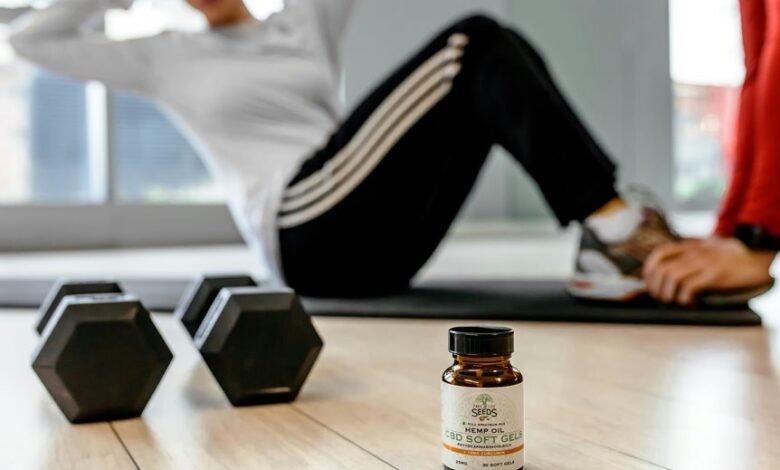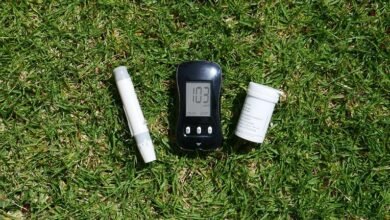Does Cbd Relax Muscle

Cannabidiol (CBD) has emerged as a popular option for those seeking relief from muscle tension. Its properties suggest potential benefits for relaxation and recovery. Preliminary research indicates that CBD may reduce inflammation and promote a sense of calm. However, responses to CBD can differ significantly among individuals. Understanding the nuances of its effects and application methods can provide valuable insights into its role in muscle relaxation. What considerations should one keep in mind when exploring CBD for this purpose?
Understanding CBD and Its Properties
Cannabidiol, commonly known as CBD, has garnered significant attention for its potential therapeutic benefits, particularly in muscle relaxation.
Users often report reduced tension and improved recovery after physical activity.
To harness these CBD benefits effectively, understanding dosage guidelines is crucial, as individual responses may vary.
This knowledge empowers individuals to explore CBD as a natural alternative for achieving relaxation and enhancing overall well-being.
The Science of Muscle Relaxation
Muscle relaxation is a complex physiological process influenced by various factors, including neural activity, biochemical responses, and the central nervous system's regulation.
Understanding muscle physiology is essential to explore effective relaxation techniques. These techniques can enhance muscle recovery and alleviate tension, promoting overall well-being.
Research on CBD and Muscle Tension Relief
As research continues to unveil the potential benefits of cannabinoids, evidence surrounding CBD's role in alleviating muscle tension has garnered increasing attention.
Studies suggest that CBD may aid in muscle recovery by reducing inflammation and promoting relaxation.
These findings offer promising prospects for individuals seeking natural alternatives for muscle tension relief, highlighting the multifaceted CBD benefits in supporting overall physical well-being and recovery.
How to Use CBD for Muscle Relaxation
When considering the use of CBD for muscle relaxation, individuals have a variety of options to incorporate this compound into their routines effectively.
Topical applications, such as creams and balms, can be directly applied to affected areas for localized relief.
It is essential to follow dosage guidelines to ensure optimal effects, allowing users to experience the potential benefits without overwhelming their systems.
Conclusion
In conclusion, the potential of CBD as a muscle relaxant is supported by emerging research and anecdotal evidence. Its anti-inflammatory properties may provide relief from muscle tension, akin to the soothing balm of a medieval apothecary. While individual responses vary, incorporating CBD into muscle recovery routines through topical applications or other methods could enhance relaxation and promote overall well-being. As the understanding of CBD continues to evolve, further studies are essential to fully unlock its therapeutic potential.






